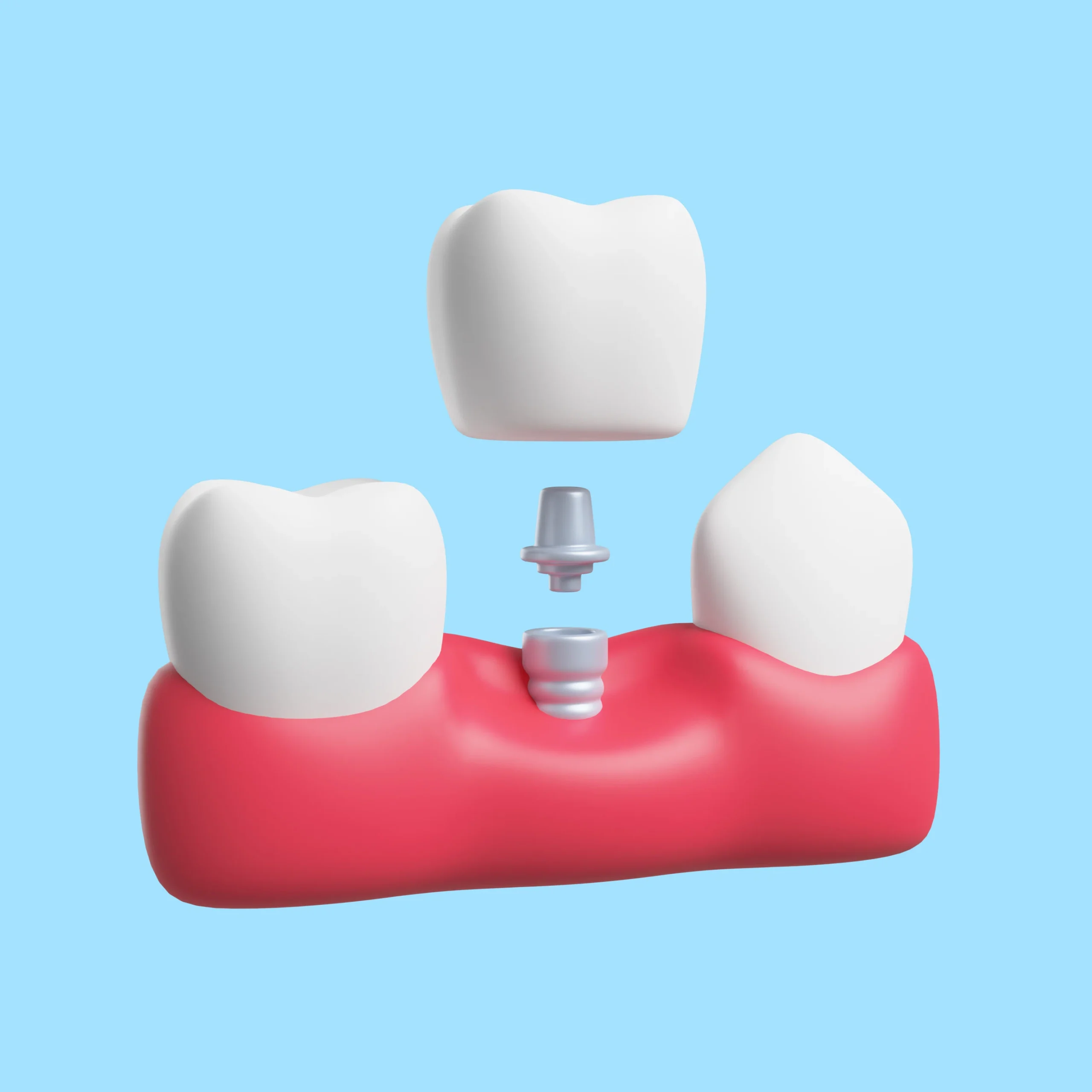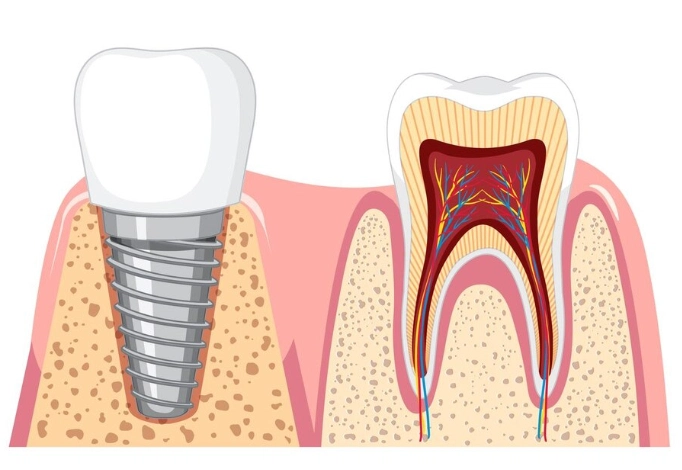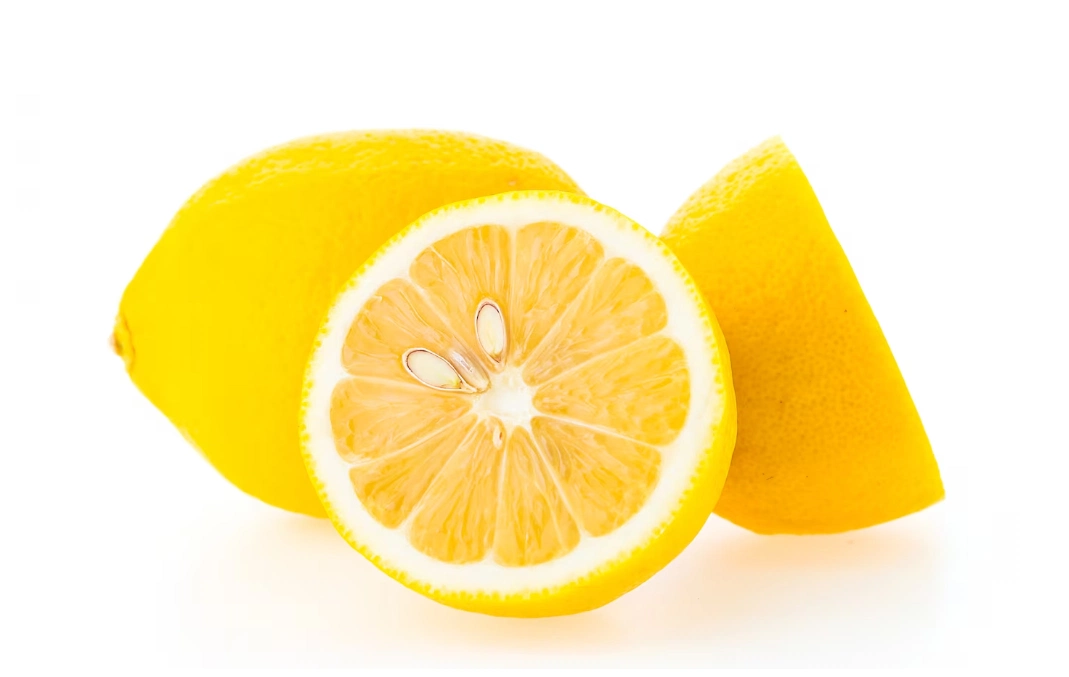🦷How to Clean and Wash a Mouthguard Effectively?
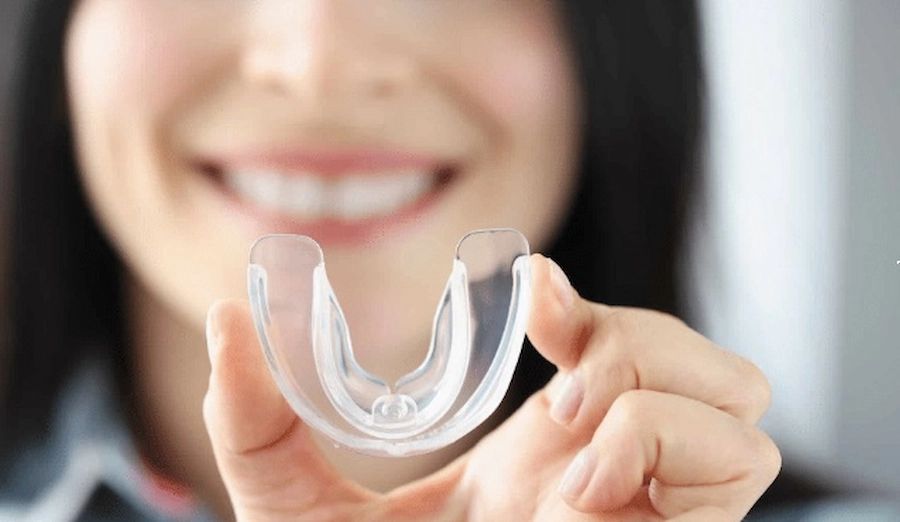
What Are the Benefits of Cleaning Your Mouthguard?
To begin with, you must understand the most frequently utilized trick by doctors to ensure that your mouth is clean and hygienic; this is known as the ‘cleaning of mouthguard right after use and left open to dry in the air.’ You cannot disregard the fact that this is a method that has been prescribed by dentists in order to keep bacteria and other viruses at bay. Be it on a daily or weekly basis, the cleaning of a mouthguard is a very new and essential aspect that serves as a comfort measure and is a preventive measure to ensure that the user’s and the protector’s mouth remains fresh and their dental health is fully maximized. Hence, instead of using other conventional cleaning methods, this method should be undertaken at the very least once a day, even though it is often thought that there is some ‘plain’ cleaning to be done in an alternative way.
The Control of the Number of Bacteria and Fungi with Your Mouthguard
To control the number of bacteria and fungi on your mouthguard, you should really make an effort to keep it clean all the time. To effectively reduce the count of oral microorganisms as well as for proper cleaning, water and mild soap are required.
With a toothbrush and soap without any harsh chemicals, you can wipe off bacteria and other germs effectively, and decrease the chances of microorganisms, hence the mouthguard remains healthy.
Preventing Mouthguard Odor and a Large Number of Stains
If individuals take proper care of their dental mouthguard by regularly taking care of its cleanliness, the possibilities of developing a foul smell and discoloration are very slim, if at all non-existent. Also, considering the aspect of hygiene, a clean dental mouth guard will have such effects as prevention of bad odor and/or discoloration. Consequently, a thorough oral mouth guard that is properly and systematically cleaned based on the steps mentioned will definitely maintain being hygienic, transparent, and odor-free at all times.
How to Make Your Mouthguard Use Longer?
People should not take their mouthguard cleaning and maintenance lightly because they might end up incurring costs applying for a replacement, not to mention the health of their teeth and general hygiene. Bacteria, stains, and foul odours get lodged in the mouthguard at times on a day-to-day basis, which is why cleaning needs to be regular to prevent damage to the mouthguard. On the flip side, taking proper care of your mouthguard ensures that it does not need replacements on average and that your teeth have the best protection possible for the future. Clean your mouthguard extensively immediately after it is removed from your teeth. It creates an opportunity to get rid of bacteria and other stains or dirt that could lodge on the teeth or other parts of the mouth.
Daily Cleaning Routine for a Mouthguard
A great routine for cleaning your mouthguard might be something that can fully become a habit, mainly since it is not only effective but is also comfortable when done correctly. The mouth guard processes both the cleaning and maintenance from the inside, and that is normally through the mouth. This is a practical step, of course, yet an imperative one– after using the mouthguard, slowly rinse it with very clean water and then properly clean it with a soft-bristled toothbrush and the same toothpaste that is not harsh on the product. In this narrated process be careful, be firm, elaborate but do not put too much effort while you are screwing it in as too much pressure may spoil its nature. When cleaning, you need to be familiar with what substances can actually affect the structure of your mouth guard because it is an amazing piece of plastic which can easily be damaged by chemicals, and the effect of any wear and tear must not be ignored.
Rinsing Immediately After Use
Cleaning your mouthguard every time after each use is one of the most important and beneficial things that you may need to do in the maintenance of the mouth guard. Every time after the mouth guard’s use, a good rinse is performed for the elimination of food particles, remnants of saliva, and other things that may be present. When you rinse your mouthguard with cold running water that is cold, you will not need that thebeing growth of bacteria being affected, but at the same time, you maintain a gentleman’s breath. Doing this process with the mouth guard will not only sanitize it but also allow the mouth guard to be an effective item for oral hygiene while in the mouth. Using a clean mouth guard is one way that people can ensure that their use of the mouth guard is both effective, sensible, and safe. This step also removes the possibility of experiencing a nasty taste in the mouth or a horrible smell, thus rendering the whole experience uncomfortable.
Such a few minutes’ worth of rinsing one’s mouthguard after every single use will significantly improve the process of ensuring that the mouth guard is clean, well-working, and safe to use. In today’s world, we often do not have enough time to complete numerous tasks and therefore try to find tips that would help us in cleaning the different cleaning tools we may have. For instance, these tips would go a long way toward helping you in cleaning your mouth guard and providing you with a lot of experience when you are speaking, eating, drinking, etc. In this business of maintaining your mouth guard, the above literature could be adopted into practice, and on the whole, one’s approach toward adopting more rigorous oral hygiene standards can be construed as beneficial. All in all, don’t forget to rinse and repeat, as this is one of the simplest ways to remain healthy and protect something that enhances your well-being.
Brushing with a Soft Toothbrush
Brushing your mouthguard with a soft toothbrush is the most vital aspect of adequate cleansing. By employing soft pressure while brushing, you can restrain the material from damaging you. This approach will eliminate any extraneous remnant particles, and at the same time, the mouthguard will undoubtedly be shielded from bacterial growth, thus keeping it not only healthy for your oral hygiene but also amazing to wear. The last thing you want is to put on a mouth guard that feels unpleasant due to the sticky remains left on it from previous uses. Therefore, be diligent in your cleaning routine, as it will pay off in the long run.
Using Mild Soap or Non-Abrasive Cleaners
While cleaning your mouthguard, use mild soap or non-abrasive cleaners, which will not harm it. Such substances have the ability to eliminate any dirt or bacteria that might have found their way into the mouth guard while at the same time, they are not known to scratch surfaces hence ensuring the material’s integrity remains intact.
Never under any circumstance should you use strong detergents or abrasive devices as they are well known to corrode the mouth guard material and reduce its effective use span. Using the right kind of soap while cleaning your mouth guard acts like applying a specific body lotion on your sensitive skin. You ensure that the piece remains looking fabulous throughout, and you get a protection plan for your gums and teeth. Pay attention to the type of soap or cleaner you are using its important for proper maintenance.
Deep Cleaning Methods for a Mouthguard
Mouthguard deep cleaning has never been so important, not only for the proper sanitation but for the total elimination of all types of dirt and germs. Nonetheless, there is a way to accomplish this goal, as long as the vinegar and water bath is applied; the other similar procedures are the hydrogen peroxide method and the one with soda and water.
The other recommended option is denture cleaning tablets, which are powerful accessories for oral hygiene as well, and they thoroughly complete the process of cleaning the mouthguard of any germs, thus providing a pleasant smell to the mouthguard.
Vinegar and Water Soak
One of the most effective cleaning methods for a mouthguard is using a vinegar and water bath. First, mix vinegar and water in equal parts and then let the device stay submerged for 30 minutes. The mouthpiece would become clean and fresh if you rinse it with water after that due to the fact that you would have brought about the disappearance of all the bacteria and odors from it with the help of this solution.
Hydrogen Peroxide Cleaning
Vigorous removal of the contamination from our mouthguard is achievable through the action of the hydrogen peroxide cleaning solution. The same type of cleaning (i.e., soaking in a water and hydrogen peroxide mixture for a half-hour) was employed here. The carried-out operation is not only germ-killing—it also eliminates bacteria as well as any type of stink, thus making the mouthguard healthy for continuing to use it.
Baking Soda Paste for Stain Removal
You can make the appearance of your mouthguard better once again by using, although a little weird at first, a baking soda paste. After obtaining the required consistency of the paste by mixing the baking soda with the water, it is essential to rub it onto the mouthguard, then let it stand a bit, and, finally, thoroughly rinse. Surprisingly the result may be, but all the spots and unpleasant smell will have really vanished under the influence of your determined effort to get rid of them.
Denture Cleaning Tablets for Extra Freshness
The mouthguard can be especially fresh if denture cleaning tablets are used as well. Dissolve just one tablet in water, the tablet first, and then you can soak the mouthguard in the water for about fifteen minutes. Moreover, after cleaning, only the fresh smell of the mouthguard that is left is noticed without any bacteria, new stains, or any other unpleasant odors present.
What Should You Avoid If You Are Aspiring to Keep Your Mouthguard Clean?

Owning up to what should be avoided if the mouthguard is to be cleaned means a whole ton, too. No strong chemicals, rough cleaners, or bleach are in the list of don’ts since these things can be detrimental to the mouthguard material. Using boiling water is another thing you should not do, as the mouthguard can suffer from deformation, which will make it unfit for you and ineffective.
Speaking of Concerns about Harsh Chemicals
Being dead set against harsh chemicals, notably bleach, best illustrates your concern for the safety of your mouthguard. Bleach is the number one enemy, being pervasive enough to render your mouthguard weak and useless, and at the same time, it could be hazardous to your health. A better option is mild soaps and non-abrasive cleaners, as these products can guarantee that your mouthguard will not be worn out and that it is still safe for all the upcoming activities.
How to Disinfect the Storage Case on a Regular Basis?
Normally, it is very important to keep the storage case always clean in order to have the oral appliance in a hygienic state. Moreover, dust, saliva, and other germs can accumulate over time in the storage case, transmitting all these to the mouthguard. One of the methods to clean the storage case is to periodically wash it with mild soap and water, which can kill the bacteria that cause gum disease.
How Often Should You Replace Your Mouthguard?
Being certain about the expiry date of your mouthguard is essential for the overall sustainability of your teeth. Usually, mouth guards need to be changed every 6 months to a year because of different degrees of damage. It is recommended that you check your mouthguard regularly for wear and tear to be able to tell when it is due for replacement.
Signs You Need to Replace Your Mouthguard
If you see any wear signs, such as discoloration, cracks, or a change in texture on your mouthguard, it is evident that you have to discard it. On top of that, if your mouthguard is no longer comfortable or safe to wear, it is the ideal time to buy a new one. The mouthguard that has some signs of wear is not likely to effectively protect the teeth.
What Is the General Longevity of Various Mouthguards?
A mouthguard is a great addition to the daily oral hygiene routine; here, I mean the fact that they have different life spans, which may threaten the owner if not well taken care of. Most mouthguards can last two months or up to a year, but with proper care, they can easily exceed this timeframe. Do not buy cheaper stock mouthguards or the boil-and-bite variety since they will not last as long as the custom ones. Rather, choose the ones that are made to last long and will fit perfectly well in your mouth. In all honesty, it feels entirely different wearing the badly fitting stock mouthguards than the custom ones, as they are so comfortable. Below are the average life expectancies of different types of mouthguards:
Head next to the most fantastic of braces at the beginning
- Custom-fitted: 1-2 years
- Boil-and-bite: 6 months to 1 year
- Stock: A Few months
Professional Cleaning and Maintenance Tips
Arranging the professional cleaning and maintenance. Because the structure of your mouthguard, made of plastic, is so fragile, the usage of cleansing solutions can mean the difference between life and death for the cleanliness levels of any type of dental equipment. Most practitioners state that even a single visit within a year absolutely returns the mouthguard crystal clean so that it remains in ideal condition. Among the frequent cleanup and punctual inspections of a dentist, the accumulation of bacteria and permanent damage to the shape is learned on the spot. Besides, the dentists are always able to provide tips on how to assist the mouthguard and keep it in the best condition, between visits to the specialists.
When to Take Your Mouthguard to the Dentist for Cleaning?
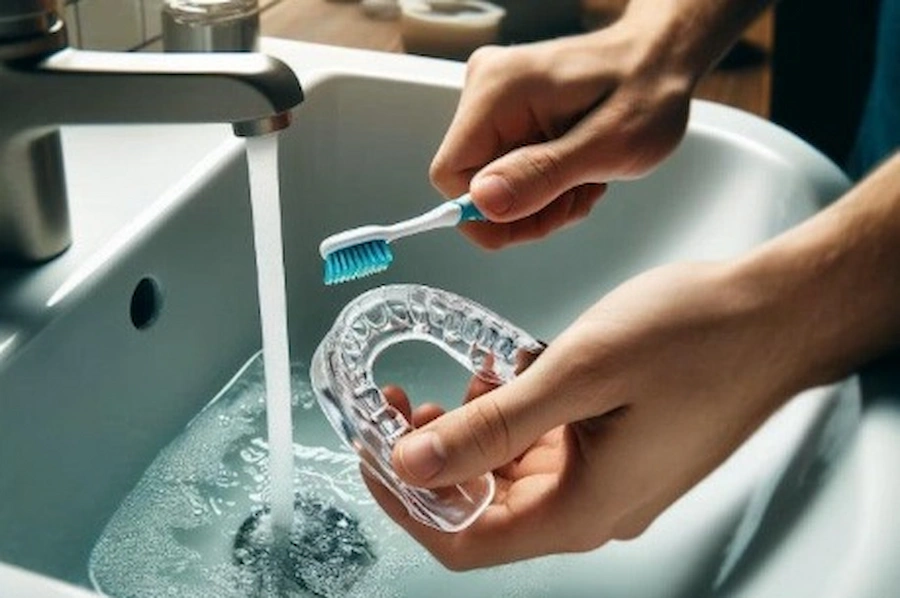
What is the proper method of cleaning a mouthguard if it becomes excessively filthy? Bringing your mouthguard to the dentist for cleaning, if it becomes obviously filthy or starts to give off an unpleasant odor, seems to be a reasonable course of action. Dentists recommend a professional maintenance cleaning of your mouthguard every six to twelve months. This helps to eliminate and kill any kinds of bacteria that may exist, as well as to ensure that the teeth protector still functions properly.
If you can not bring your mouthguard to the dentist or if you want to wash it at home, here is a comprehensive and reliable guide on how to clean it without risking ruining it. That practice does not only mean rinsing your mouth guard in water after having a meal, but also scrubbing it from time to time. It entails the proper and effective way of cleaning mouth guards while maintaining a mouth guard’s original health and serviceability. work on
How to Extend the Life of a Mouthguard?
In its implementation, “Proper use and care” of a mouthguard is the highest form of prevention, either by consuming “worn out” or “abraded” mouthguards. Moreover, the most crucial thing is to avoid purpose-driven use of your mouth guard; for example, you should not use it in any other way than its intended use, you should always keep your mouth guard properly cleaned to avoid anything that may accumulate on it that may be harmful to your mouth and the material your mouth guard is made of. Another thing that contributes greatly to the durability and comfort of the mouth guard is its proper storage, which should also be in a cool place since the material used in the mouth guard does not support or withstand very high temperatures.
FAQs About Cleaning and Washing a Mouthguard
Here are some frequently asked questions about cleaning and washing a mouthguard to help you maintain its hygiene and effectiveness. Understanding the best practices for mouthguard care will ensure it remains safe for your oral health and lasts as long as possible.
No, you should not use toothpaste to clean your mouthguard. Most toothpastes contain abrasive ingredients that can scratch and damage the mouthguard’s surface, reducing its effectiveness and lifespan.
You should clean your mouthguard after every use to prevent bacteria buildup, odor, and staining. A daily cleaning routine combined with weekly deep cleaning ensures maximum hygiene and extends the life of your mouthguard.
If your mouthguard smells bad, soak it in a solution of equal parts vinegar and water or use denture cleaning tablets to eliminate bacteria and odors. Make sure to rinse it thoroughly, brush it gently with mild soap, and always let it air dry completely before storing it in a clean case.
Yes, it is safe to soak a night guard in a vinegar and water solution for about 30 minutes. This helps remove bacteria, odors, and mineral buildup without damaging the material.
Your mouthguard may be turning black due to mold, bacteria buildup, or poor cleaning habits. This discoloration is a sign that it needs deep cleaning or replacement to avoid health risks.
Bacteria on a mouthguard can be killed by soaking it in a mixture of hydrogen peroxide and water, or using denture cleaning tablets. Regular brushing with mild soap and a soft toothbrush also helps reduce bacterial buildup effectively.
A bad taste on your mouthguard is usually caused by bacterial buildup, leftover saliva, or improper cleaning. Regularly rinsing, brushing, and air-drying your mouthguard prevents this and keeps it fresh and safe to use.
Yes, you can get sick from a dirty mouthguard because it can harbor harmful bacteria, mold, and fungi. These microbes may lead to infections, bad breath, gum disease, or even respiratory issues if the mouthguard isn’t cleaned properly.
A mouthguard typically lasts 6 months to 2 years, depending on the type and how well it’s maintained. Custom-fitted mouthguards last the longest, while boil-and-bite or stock guards may need replacement more frequently due to wear and tear.
Yes, you can sleep with a mouthguard in—night guards are specifically designed to be worn during sleep. They help protect your teeth from grinding (bruxism), clenching, and jaw tension while you rest.
